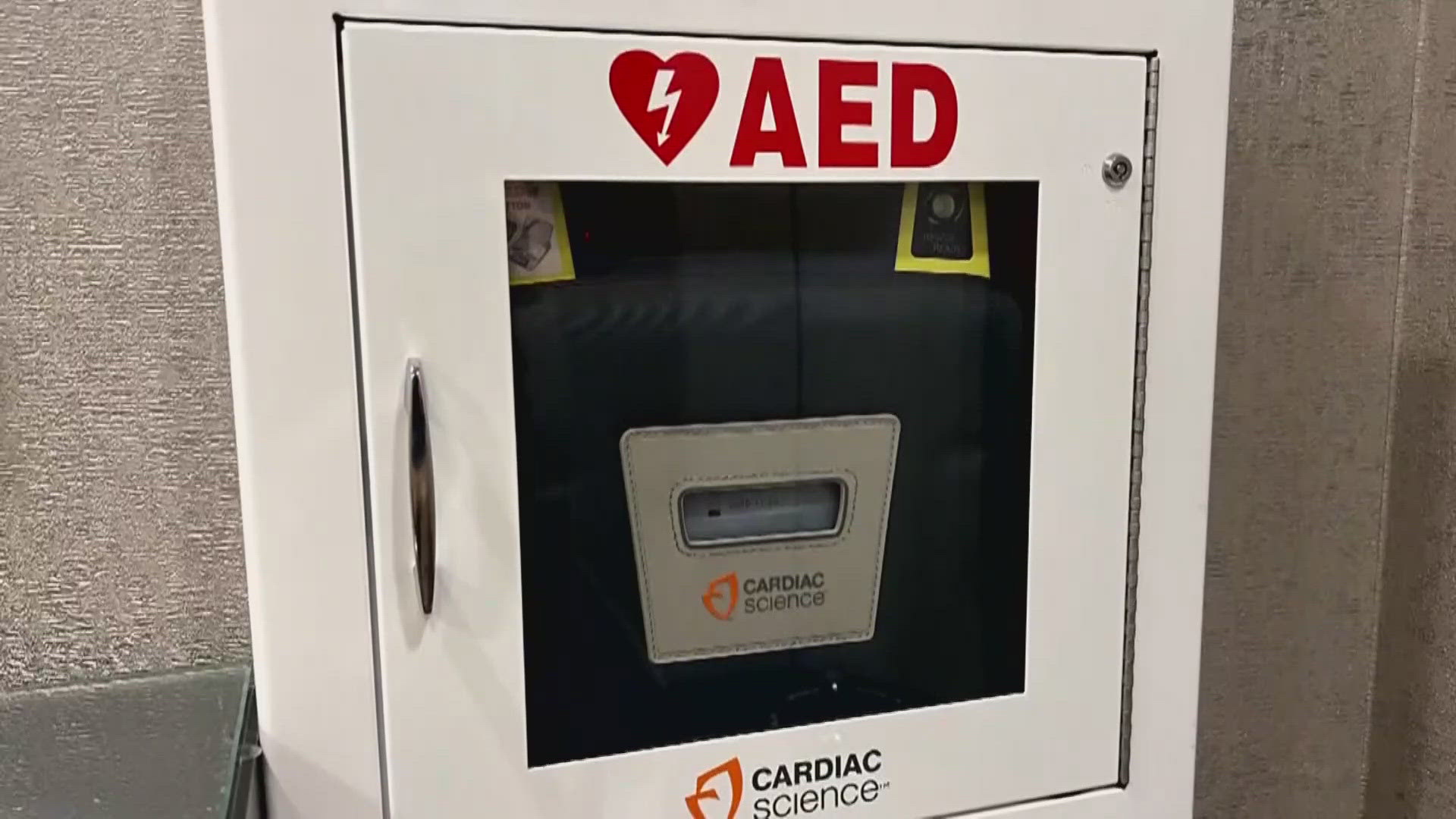The Duval County Public School district is making changes after a report by Jacksonville’s Office of Inspector General determined the policy for a life-saving device needs to be revised.
The OIG is making recommendations to the school system after finding an automated external defibrillator, or AED, that was used on a school employee only had a quarter of its battery life left. Now the school system is making changes that one heart health advocate said could save lives.
Shawn Sima’s daughter, Lexi, was 16 years old when she collapsed while running on a treadmill. The device her life depended on had just been serviced weeks earlier when the gym owner noticed the battery was dead.
"He replaced the battery and pads and three weeks later my daughter basically dropped dead in his gym,” Sima said.
Changing the batteries in the AED, which sent an electrical shock to Lexi’s heart, saved her life. Sudden cardiac arrest is the leading cause of death for student athletes, according to Mayo Clinic.
“One in 25 schools have somebody drop dead on their campus,” said Seema, quoting a study in the Journal of the American College of Cardiology.
An AED used on a Duval County Public Schools employee in May was at 25% battery life, according to an Office of Inspector General report. While the district said the AED worked properly, the employee died. That death prompted an investigation by the OIG.
The district is now implementing the OIG's recommendations including appointing someone in each building to complete an inspection checklist for AEDs and tracking any problems found.
Sima said AED maintenance is often forgotten, but it can mean the difference between life and death.
“I never thought it would happen to me and it did and we got really blessed that we got a second chance,” Sima said. “Most families don’t. So do your due diligence and get out and ask those questions and make them tell you that, ‘Yes, we are ready for the most likely thing to happen to your child on school campus.’”
To receive a heart screening, Sima advises reaching out to his organization Who We Play For or asking your doctor for an electrocardiogram, or EKG.
In July, Who We Play For donated portable EKG machines to all high schools in the Duval County public school district that have athletic programs.

